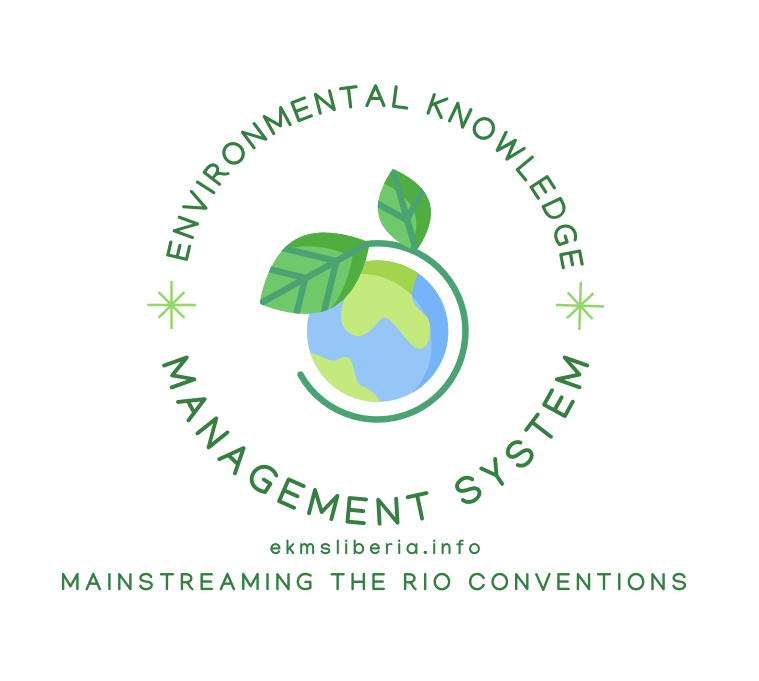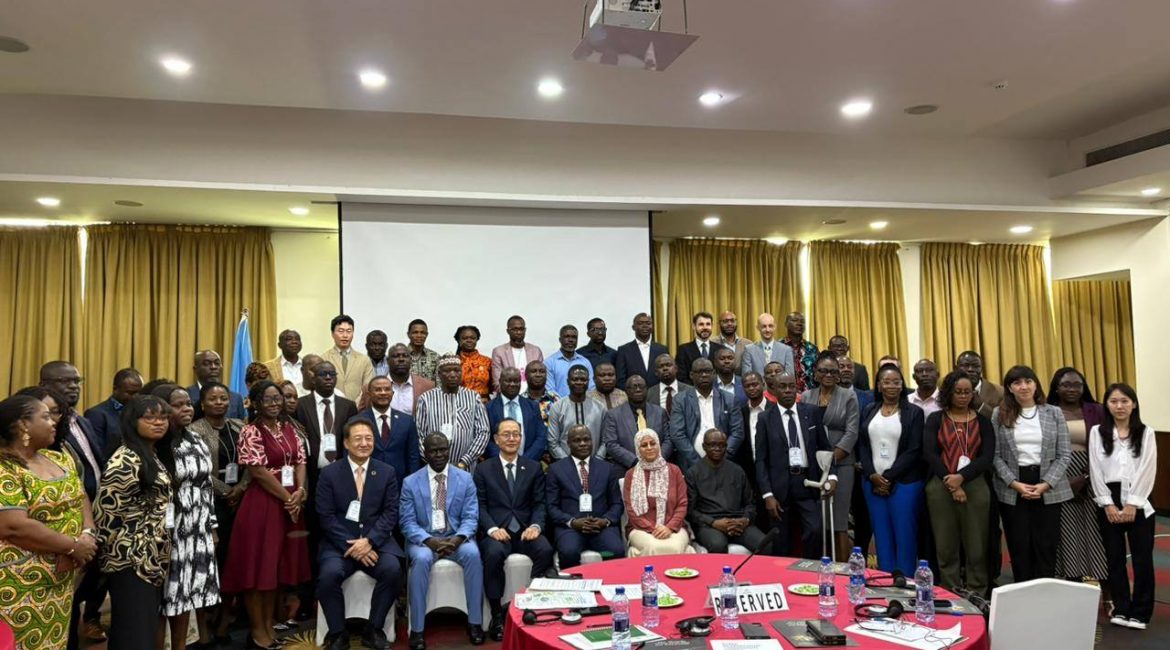Accra, Ghana – August 26, 2025 – Liberia’s Environmental Protection Agency Executive Director, Dr. Emmanuel K. Urey Yarkpawolo, has highlighted the country’s innovative approaches to waste management and the circular economy during the Western Africa Workshop on Waste Management and the Circular Economy, taking place in Accra, Ghana from August 26 to 28, 2025.
The workshop brings together government representatives, international organizations, private sector leaders, and civil society actors from across West Africa to discuss data gaps, technical capacity, and evidence-based policymaking to accelerate the Sustainable Development Goals.
In his opening remarks on Tuesday, Dr. Urey Yarkpawolo addressed participants, saying that waste management is both a national and global priority. He noted that Liberia faces the dual challenge of rapid urbanization and rising waste generation.
He said Libeia produces over 1.5 million kilograms of waste daily, with more than 84 percent left unmanaged, leading to clogged drainages, frequent flooding, polluted land and water, disease outbreaks, and missed economic opportunities for thousands of young people.
The EPA Chief Executive Officer emphasized that waste management is not only an environmental issue but also an opportunity for jobs, innovation, and climate action. He said that Liberians are helping themselves but cannot do it alone and need financing to support the deployment of technologies already being developed in the country.
Dr. Yarkpawolo highlighted Liberia’s National Solid Waste Management Policy, adopted in 2024, as a bold framework that promotes recycling, composting, and waste-to-energy solutions while creating space for local entrepreneurship, job creation, and private sector investment.
“Policy integrates cost-recovery systems, extended producer responsibility, and public-private partnerships, aligning with Liberia’s ARREST Agenda for Inclusive Development and the Sustainable Development Goals”, he said.
Dr. Urey Yarkpawolo shared two key examples of innovation in Liberia. Green Guard Eco-Solution Incorporated is constructing advanced Phase Osmotic Degradation Systems capable of processing 135,000 tons of municipal solid waste annually.
“These systems convert methane into clean electricity, produce biogas for cooking, create compost for agriculture, and generate recyclables for local markets, with plans to build nine of these systems across Liberia, creating thousands of jobs and empowering communities”, he added.
He named the Transformative Climate Action Pilot Project on Waste Management, supported by the Government of Canada through Novasphere, adding that Novasphere is building five composting centers across Liberia and engaging city mayors, township commissioners, women’s groups, market associations, and traditional leaders as co-designers.
“For the first time, Liberia will generate reliable data on waste composition, emissions reductions, and the economic impact of composting”, Dr. Urey Yarkpawolo disclosed.
Other members of the Liberian delegation includes: Hon. Prince Tamba, Deputy Minister for Technical Services, Ministry of Public Works, Margret Beyslow, Assistant Manager, Environmental Research & Radiation Safety at the EPA. Mr. James Karmoh Sowah, Jr, Deputy Head of Presidential Delivery Unit & National Conslutant President Delivery Unit, Ministry of State for Presidential Affairs.
The workshop, organized by the United Nations Office for Sustainable Development in cooperation with UNEP, the Green Growth Knowledge Partnership, the African Development Bank, and other partners, seeks to strengthen data systems, promote evidence-based policy, and support regional collaboration on waste management and circular economy practices.
Across Western Africa, the challenge of uncollected waste, open dumping, and low recycling rates remains significant, and the region risks becoming the largest contributor to poorly managed plastic waste globally by 2060 without intervention.
The three-day event includes presentations, country case studies, group discussions, and practical exercises on data collection and policy implementation, and will conclude with a site visit to the Accra Compost and Recycling Plant.
Dr. Yarkpawolo urged regional partners to work together to reduce waste, recover value, and create a cleaner, healthier, and more sustainable future for West Africa.






